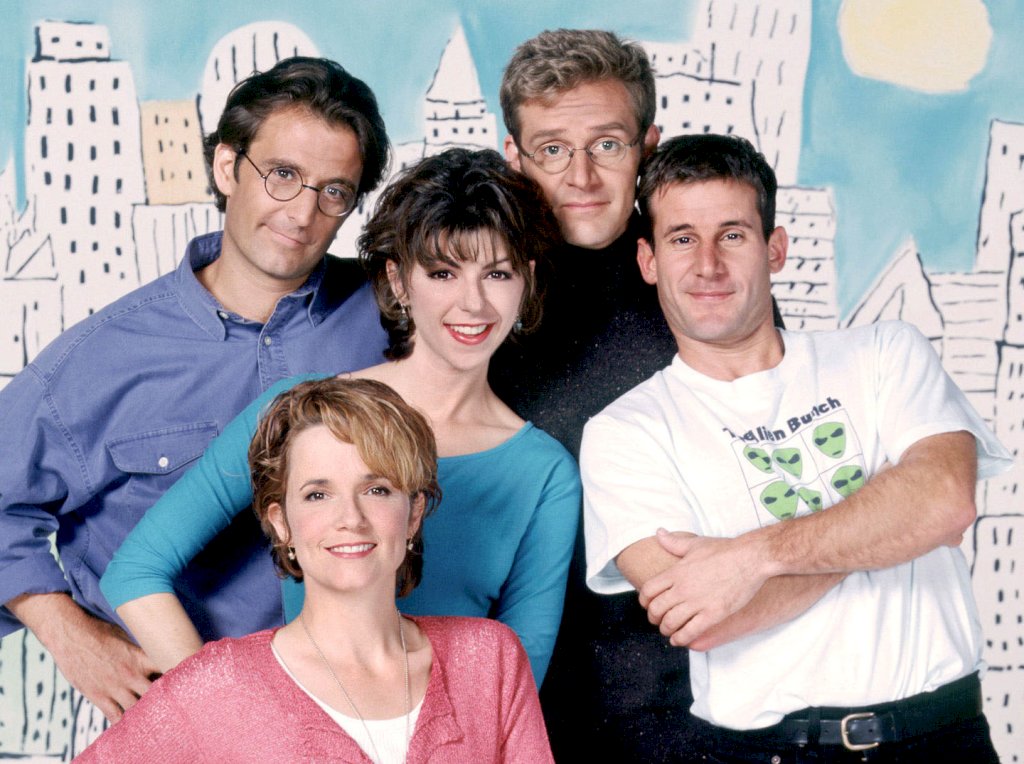In the annals of classic television sitcoms, "Charles in Charge" holds a special place. Airing from 1984 to 1990, this beloved series provided a snapshot of suburban family life in the 1980s, while also exploring the dynamics of a young, live-in male nanny taking charge of the household. With its relatable themes, memorable characters, and a dash of 80s nostalgia, "Charles in Charge" has remained a cherished favorite for generations. In this article, we'll take a trip down memory lane to revisit the Seaver household and explore the enduring appeal of this iconic sitcom.

Setting the Stage: The 1980s TV Landscape
The 1980s marked a vibrant era in television, characterized by a plethora of sitcoms that embraced humor, relatability, and family-centric storytelling. Against this backdrop, "Charles in Charge" emerged as a lighthearted yet insightful show that resonated with audiences of all ages. The show provided a window into the daily lives of the Powell family and their charismatic babysitter, Charles.
The "Charles in Charge" Premise

The show's premise revolved around Charles (played by Scott Baio), a college student who takes on the role of live-in babysitter for the Powell family. Moving from his previous position, Charles brings his unique brand of charm and humor to his new responsibilities, while also navigating his own personal journey through college and young adulthood. The show explored the dynamics of the Powell household and the challenges and triumphs that come with growing up and raising a family.
Navigating Adolescence and Growing Pains
"Charles in Charge" deftly tackled the complexities of adolescence, friendship, and family relationships. The show's portrayal of teenage struggles and coming-of-age experiences resonated with its viewers, who found solace in the relatable scenarios faced by the characters. Whether it was dealing with school, peer pressure, or first loves, the show offered a comforting mirror to the challenges many young people encountered.
Charles's role as a mentor and confidant to the Powell children allowed for important life lessons to be imparted through humor and heartwarming moments. The show's ability to address serious topics while maintaining its lighthearted tone contributed to its enduring appeal.
Bridging the Generation Gap

"Charles in Charge" was adept at exploring the generation gap and the dynamics between parents and their children. The Powell parents, played by James T. Callahan and Sandra Kerns, often found themselves learning as much from their babysitter as their children did. The interplay between Charles and the parents highlighted the evolving nature of relationships and the mutual understanding that can be fostered between different generations.
Life Lessons and Humor

The show's ability to seamlessly blend life lessons with humor is a testament to its thoughtful writing and talented cast. Charles's witty one-liners, the comedic situations he found himself in, and the endearing relationships he built with the Powell family created a well-rounded viewing experience. The show's balance of laughter and sincerity ensured that audiences laughed, cried, and grew alongside the characters.
Cultural Impact and Legacy

"Charles in Charge" left an enduring mark on popular culture. It became a defining show of the 1980s, encapsulating the spirit of the era's sitcoms. The catchy theme song, memorable catchphrases, and relatable characters contributed to its cultural significance.
While the show may have concluded its run in 1990, its legacy lives on through reruns, streaming services, and the fond memories of fans. The lessons learned from Charles's guidance, the laughter shared over the Powell family's misadventures, and the warm nostalgia associated with the show continue to resonate with viewers of all ages.
Conclusion

"Charles in Charge" remains a beloved classic that invites us to revisit an era filled with charm, humor, and relatable experiences. The show's ability to touch on timeless themes while staying true to its 1980s roots has solidified its place in television history. As we look back on the show with fondness, we celebrate the way it captured the essence of growing up, family dynamics, and the enduring power of laughter in our lives.


